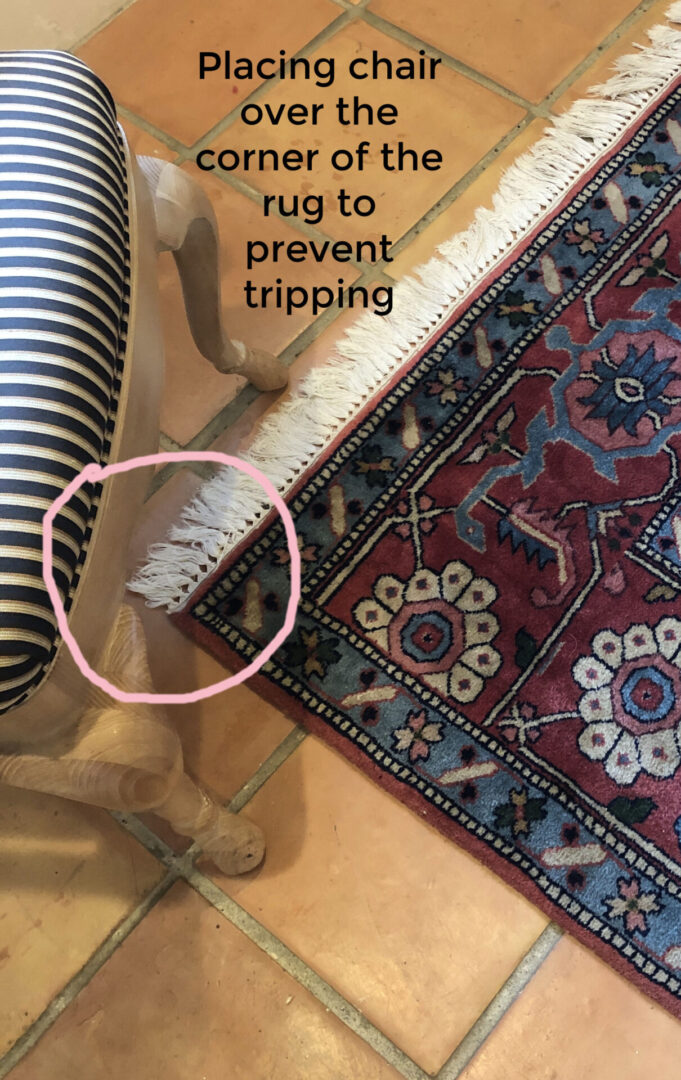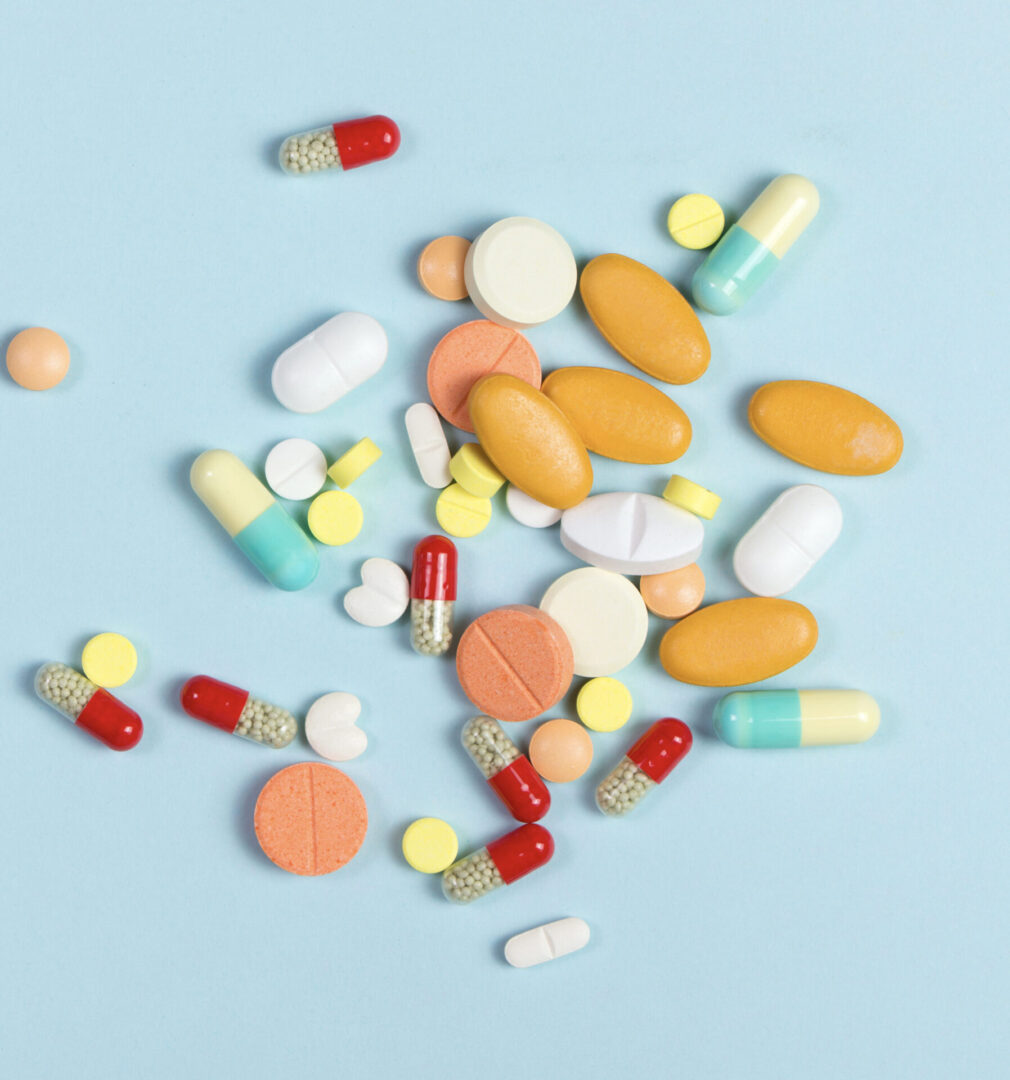Did you ever consider that little stumble could lead to your death? You might want to seriously think about it.
Have you taken a fall recently
Have you taken a tumble recently? You aren’t alone, one in four older people fall each year. What is even more frightening is once you fall, your changes of falling again doubles.
Why does it double? There may be several reasons, which will be discussed below. But once an individual falls, they fear falling a second time. That fear leads to becoming more sedentary, start looking at the ground when walking, hunching over and shuffling around. That leads to weakness and can result in falling again. It’s almost a cascading effect. So why did that fall occur in the first place?
Why do falls happen
According to the CDC, 36 million adults aged 65+ fall every year. Some of the falls are due to physical issues, such as visual impairment, foot or ankle problems. Additionally, poor balance can occur as a result of muscle weakness, medications, low blood pressure, or other diseases such as muscular skeletal diseases and Parkinson’s disease.
There have also been discussions that falls may be one of the early signs of cognitive decline.
Hazards in and around our home

Some of the issues are man-made. These include hazards in the home or other physical locations. Don’t forget outside hazards such as sidewalk irregularities, uneven lawns and even our pets can trip us up.
For women, falls result in more hip fractures than men, but men have a higher fatality than women if they fall. That is most likely because men may have traumatic falls (falling off of ladders) where the impact to their head may cause the fatality.
Women are often solo agers
More women are solo agers and 46% of women 75 and older live alone. This can be particularly problematic if the fall occurs at home and the need for help is not readily identified or available. Time on the ground increases mortality according to the CDC.
Time on the ground increases mortality
Preventing falls
Know your medications

Knowing your medication is key! Ask your healthcare provider or pharmacist to check your medications and be aware if they are potentially dangerous for sleepiness or low blood pressure. I cannot stress enough the importance of checking your medication and cross checking them. Often people have multiple doctors and multiple prescriptions. Additionally, the pharmacy will keep filling prescriptions that may have been stopped or changed by your healthcare provider and you may inadvertently take them anyway. My husband has had this experience on too many occasions with a well-known pharmacy chain. If he had taken what was filled, he would have had serious blood pressure issues. Never feel timid about speaking with the pharmacist and reviewing your drugs.
Know or adjust your environment
Check your home for potential fall hazards. Do you have carpets that slip (bathroom mats), pet toys or beds that are not against a wall and could be a hazard. Lots of mess? Place chairs over the corner of rugs that to provide a visual and physical block to avoid tripping. Removing or adjusting these hazards are key to preventing falls.

Stay up to date with eye exams
Invest in a balance class, it could be the best investment you make
I offer LIVE classes on ZOOM every Tuesday and Thursday at 9 am Pacific Time. You can join FREE in the month of April by going to my Classes Tab or click HERE for more details, or contact me directly at turning60andbeyond@gmail.com
Explore fall detection devices, like smart watches
Smart Wearable Devices or Watches
In recent years, technology have evolved from the medicalert button that you wore around your neck, to fashionable wearable devices. Remember the commercial, Help me… I’ve fallen? Now we have smart watches, like Apple and UnaliWear’s Kanega Watch that offer fall detection and can be worn on the wrist and are more fashion forward.
Technology is changing so quickly and prices vary. Functionality may be good for one person and not the other. Below are a few references you may want to check out. Even Amazon’s Alexa has some capabilities for emergencies. I don’t personally endorse any of them, but at least you can take a look.
References
Watches and other fall technology
https://www.unaliwear.com/why-kanega-watch/
https://www.safehome.org/medical-alert-systems/best/watches/
Medical Alert Systems with Fall Detection
Amazon Alexa’s ability to be used for emergency contact
Articles on falls and fall prevention
https://www.cdc.gov/falls/facts.html
https://pubmed.ncbi.nlm.nih.gov/17557130/
